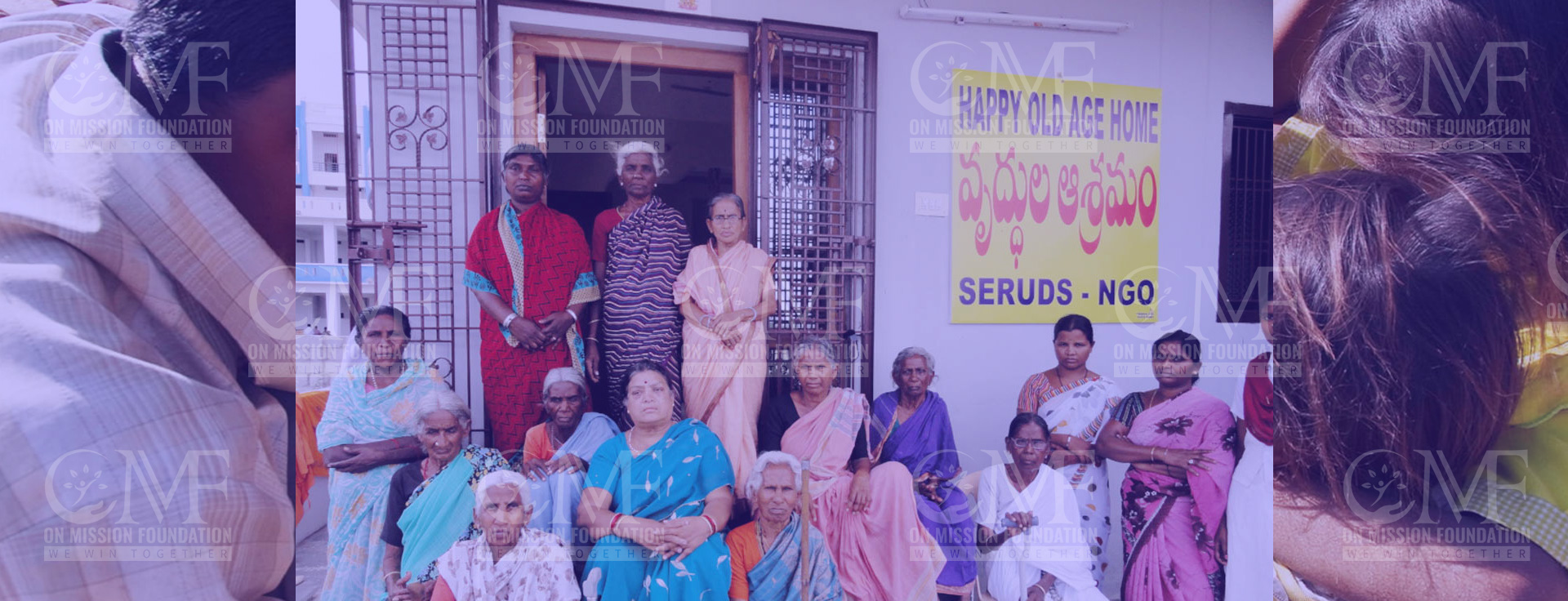
India is home to a substantial number of
senior citizens, and it is projected that by 2050, they will constitute a significant
portion of the country's population. However, the situation for many elderly
individuals in our society is deeply concerning, presenting a major social
issue.
In rural areas, numerous elderly individuals
are left alone as their children migrate to cities in search of better
opportunities. During the final stages of their lives, they often lack support
and care.
Based on a Help Age Report using the
Socio-Economic Caste Census from 2011, India has one of the highest populations
of elderly individuals in the world, with millions of people aged 60 years and
above.
Shockingly, a large number of these elderly
citizens lack official social security benefits, such as gratuity, provident
fund, or a pension. Many widows and widowers make up a significant proportion
of the oldest old.
Among economically dependent elderly
individuals, a concerning number experience physical abuse, leading to a
decline in their overall health. Additionally, a significant portion of the
elderly population lives in poverty and endures poor health conditions.
Furthermore, awareness of government welfare
schemes specifically designed for the elderly is low, and health insurance
coverage is minimal.
These circumstances highlight the urgent need
for comprehensive measures to address the welfare of the elderly population in
India and alleviate their suffering.
Kindness in Action: Transforming Lives of Vulnerable Seniors for a Better Tomorrow
Get to know us
Know More
Donate Now
Address
No.22/A, Bakyalakshmi Nagar, 3rd Street, Allapakam, Porur, Chennai-600116
